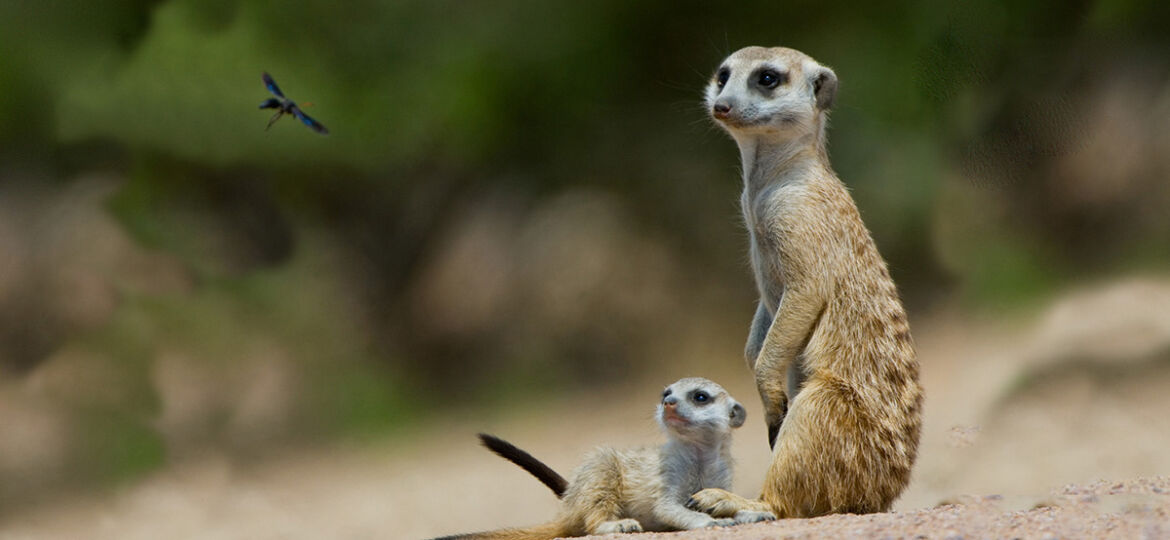The Oppenheimer Research Conference creates a platform for researchers and practitioners in conservation sustainability to share their knowledge to increase its impact. Here are a few snap shots of presentations.
People – nature relationships
Large herds of hungry domesticated cattle are often seen as a threat to the future of Africa’s shrinking wildlife conservation areas. But, could it be that cattle and pastoral communities are actually part of the solution?
Deer do well, misery for meerkats, the effects of climate change appear surprisingly varied… and widespread.
Globally there are nearly 240,000 protected areas, yet we have a growing number of endangered species. This conundrum troubles leading conservation ecologist, Professor Graham Kerley. Maxcine Kater reports.
A study reported by the BBC earlier this year found that of the 100 most cited climate research papers over the past five years, fewer than 1% of the authors were based in Africa, and of the total 1 300 scientists involved, 90% were affiliated with academic institutions from North America, Europe or Australia.
It’s high time we embrace innovative tech solutions that Africa’s youth are developing to promote conservation.
If there is a dictum which sums up Mavuso Msimang, it’s “Do the right thing!”
“We’ve had a major breakthrough in the Rising Star cave system,” says Professor Lee Berger, one of the world’s most prolific human fossil finders. “We’ve been on an expedition for the last six weeks,” he says, and he is about to go back for a week as we do the interview. His Twitter post makes it clear he’s bursting with enthusiasm: “it’s as exciting as 2008, 2013, 2020 and the last 5 weeks!” For a palaeonthologist who has made some of the most significant fossil finds of the last three decades, including Australopithecus sediba in 2008, something extraordinary has clearly happened. “The discoveries we’ve made were right in front of our eyes, they’re extraordinary”, but he’s not letting on yet what he’s found or what it means. “I’d have to kill you if I do,” he jokes.
Elephants have killed about 60 people and injured 50 in Zimbabwe this year alone, and the need to find ways of reducing or eliminating human-animal conflict is intensifying.
The six finalists who are in line to win this year’s $150 000 USD Jennifer Ward Oppenheimer Research Grant have been selected. The top three will be announced on August 31, during the OGRC Tipping Points webinar which will host a discussion between the finalists on their research objectives in the context of the range of pressing environmental issues facing Africa. Register here to join the webinar.












